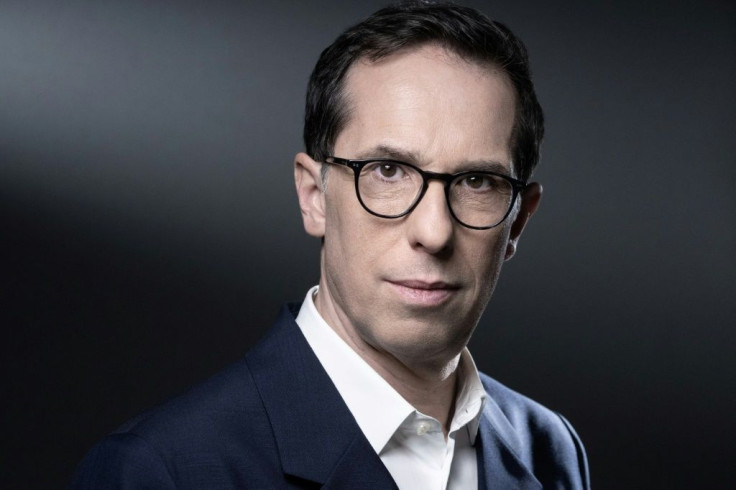Keen Cyclist To Steer L'Oreal Through 2020s Transition
The world's top cosmetics group L'Oreal has picked a homegrown amateur cyclist and rock and techno fan as its new chief executive, hoping his competitive instinct can fend off new challengers and bring the giant up to date.
Nicolas Hieronimus, 57, has worked for the group since 1987, and is "a guy who likes being out in front, setting the direction, whether it's on a bike or in a company," says his friend Frederic Messian, who rides around 100 kilometres (60 miles) with Hieronimus each weekend.
Born to an aerospace engineer mother and TV producer father, the new CEO was a precocious student, finishing high school at 16 and securing his degree from France's prestigious ESSEC business school at just 21.
After joining L'Oreal, Hieronimus worked for its Garnier arm, developing the Fructis haircare range, and spent stints abroad in Britain and Mexico.
The father of two "gets the zeitgeist, he's super knowledgable and he knows L'Oreal from top to toe," says Barbara Lavernos, his new deputy who has known him for almost 30 years.
He's a "competitor" but also a faithful friend, she added.
When Hieronimus takes over officially on May 1, he will be only the sixth CEO at the French firm in 111 years -- and remains a traditional, male choice at the head of a group increasingly opting for female leaders and other forms of diversity.
Looking ahead, with just eight years until Hieronimus himself reaches L'Oreal's compulsory retirement age of 65, observers will be keenly watching for a woman to be named as his successor.
At first glance, the new boss is inheriting a business in fine fettle from his predecessor of 15 years, Jean-Paul Agon.
Over the past ten years, the company's share price has quadrupled, while revenues have almost doubled, to 28 billion euros ($33.5 billion).
L'Oreal has successfully staked its claim in Asian markets, especially China, and solidified its footing in vital channels like airport retail and online shopping.

The group "has got ahead of the big, historic transitions in the world," Agon told AFP last year.
"Whatever figures you look at, they're pointing in the right direction," said Fadi Chebli, a fashion and luxury expert at consultancy Bartle.
Even during the coronavirus pandemic, sales fell a comparatively forgiving six percent in 2020 -- and bounced back strongly in the first quarter this year.
The outbreak "reinforced L'Oreal's structural advantages, including its dominant online presence," UBS analysts wrote in a recent research note.
But there is no time for the cosmetics powerhouse to rest on its perfumed laurels, with the beauty industry like other sectors subject to changing tastes and new market forces.
In particular, it's much easier for small startups to carve out a slice of the market online by going straight to the consumer.
"Before you needed vast marketing budgets... now you can be a brand that just exists online," analyst Chebli said. "Fragmentation is starting to nip at the market leaders."
"We're headed for a patchwork of smaller brands, more local or organic," said sector expert Jerome Sanchez of asset manager Vega IM.
For now, "it's hard to spot because (L'Oreal's) performance is fantastic in the Asia region" although the European and North American markets are stagnating.
Hieronimus will also have to press ahead with the social and environmental ambitions launched by his predecessor Agon.
"The reputational risk is very strong" among consumers increasingly conscious of cosmetics' ingredients and environmental impact, Sanchez said.
© Copyright AFP 2024. All rights reserved.











